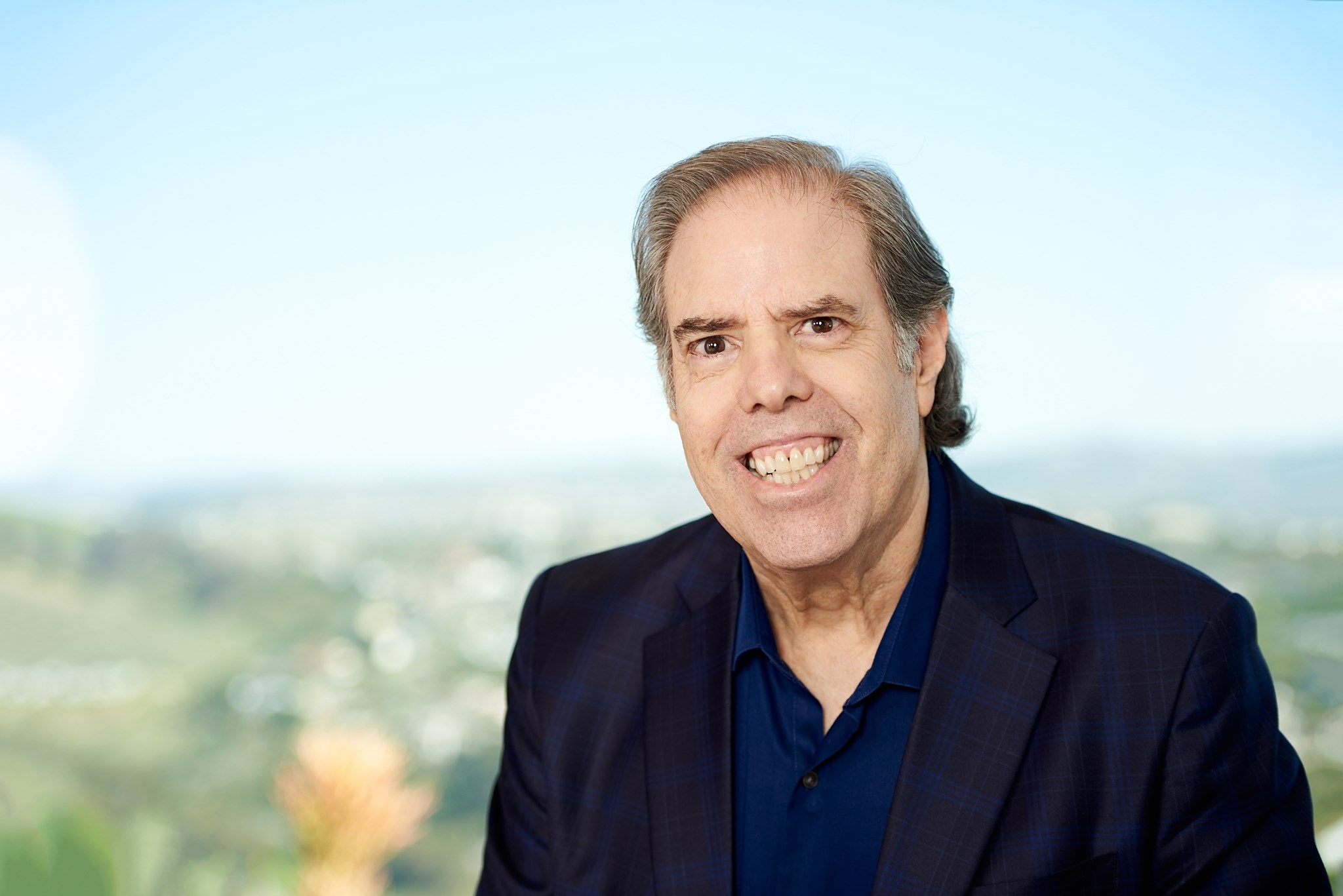There is a major misunderstanding about burnout that suggests it stems from over-work, change, and driving toward higher levels of business results year after year.
However, we have measurable data from clients that you can increase business results, take on more projects from previous years and introduce major change — while at the same time, reducing burnout and stress in the workplace.
How?
Because burnout and stress have more to do with three factors:
1. A lack of priority and focus – A work environment which continues to add #1 priorities to a never ending list, causes overwhelm and fragmentation. You don’t complete anything before adding new pressure on your plate. In addition, the more priorities you have, the more competing priorities you have with others, resulting in conflicts among colleagues that produce a lack of trust and stress.
2. High levels of frustration – In general, people are willing to work hard to produce results if they know that working hard will achieve success. Frustration grows quickly when we work hard to produce results only to discover that our results are undermined by others who don’t get us information on time, by upper management that delays making the decisions that impact us, by decisions that get made without considering their impact on the work we have done or breakdowns between departments due to silo thinking and behavior. Not only do these breakdowns cause frustration – which in itself adds stress to our job, but they are compounded by creating extra work to redo what we have already done, and forcing us to go through hoops and workarounds caused by poor information sharing, decision making, or a change in priorities.
3. Lack of engaged inclusion – There is a lot of talk today about increasing engagement and increasing inclusion, but rarely are these words used together. And, we think we are including people when we inform them of what is being done after the decision is made, but true inclusion involves allowing greater cross-functional input before the decision is made. We also think we are engaging others when we ask them to contribute their ideas, but if we aren’t engaging them in meaningful discussion that lead to decision making, problem solving and conflict resolution, then they feel a sense of being out of control that directly increases stress and disengagement with their job.
If I can’t provide meaningful input to impact my work environment, then I will pull away my commitment and emotional investment. That lowers my sense of purpose, lowers my performance and lowers my commitment to communication and teamwork – all major stresses.
So, what’s the solution that can turn this around within months in your work environment:
1. Set the top 6 to 8 priorities and stick to them – And, make sure everyone understands the purpose (the Why) and how they are contributing to its success
2. Replace silo thinking and behavior – Ensure cross-functional and multi-level engaged inclusion for solving problems, making decisions and coordinating efforts and projects. This also creates an environment of support such that no matter how difficult the situation, we have an environment where we feel supported to get through the difficult times.
3. Create a working environment of true trust and support – When stress, challenge or change takes over, and people feel vulnerable, do you have an environment in which everyone supports each other through the crisis, or do you have an environment where people take their frustration out on each other, blame each other, or isolate to protect themselves?
Creating an environment of active and positive support can take the most stressful situation such as “downsizing” and turn it into a positive work environment.
Burnout is a real issue in many industries, and our focus on metrics, core values, and philosophical approaches to solving burnout has had little impact. It’s time to get to the core habits of our work environment to make a meaningful difference.


